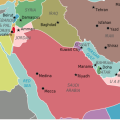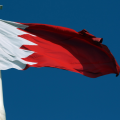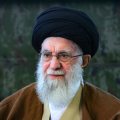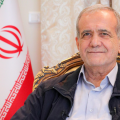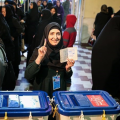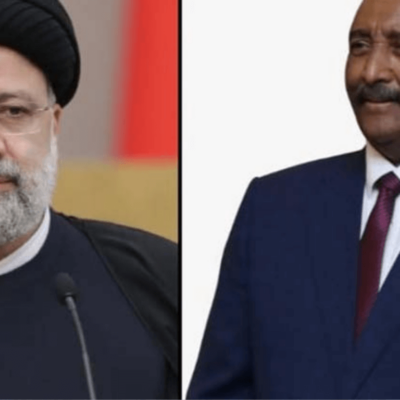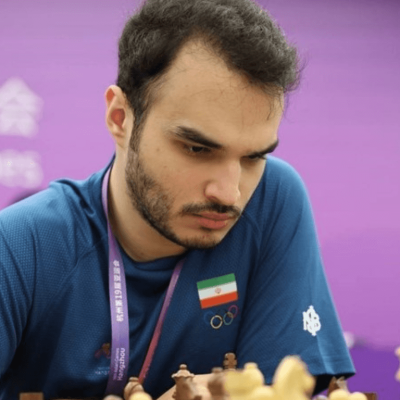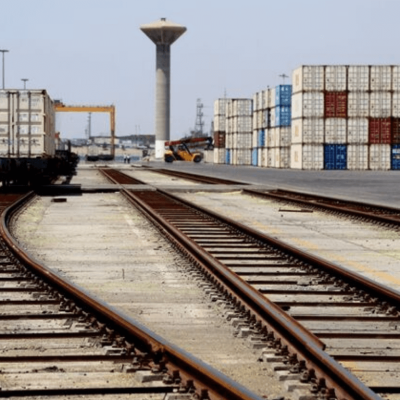Iran Elects Reformist Leader: Masoud Pezeshkian Wins Presidential Race
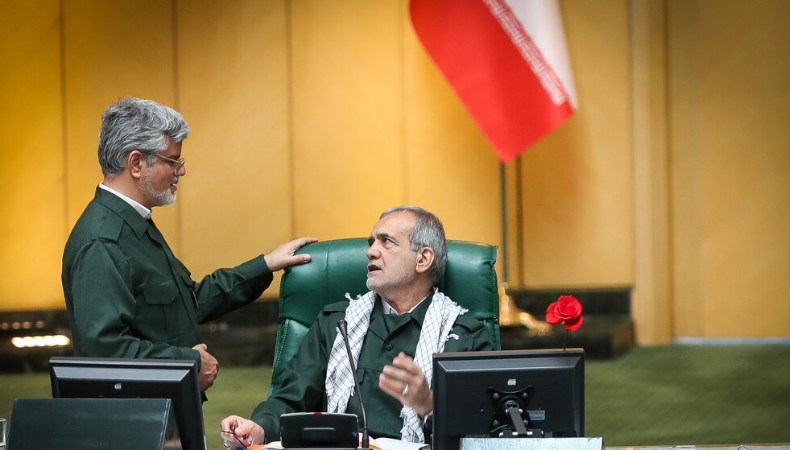
Significantly in terms of political change, reformist nominee Masoud Pezeshkian narrowly defeated hard-liner Saeed Jalili in Iran’s runoff presidential contest on Saturday. Voters tired of years of sanctions and demonstrations that have taxed the Islamic Republic found resonance in Pezeshkian’s campaign, which promised to interact with the West and relax execution of the nation’s mandatory headscarf legislation.
A Campaign with Modest Goals and Possible Difficulties
Longtime politician and heart physician Pezeshkian ran on a program devoid of radical transformation for Iran’s Shiite theocracy. Emphasizing Supreme Leader Ayatollah Ali Khamenei’s ultimate power in all state affairs, he Pezeshkian’s triumph is likely to encounter significant challenges from a government still dominated by hard-liners, the continuous Israel-Hamas conflict in the Gaza Strip, and continuous Western concerns over Tehran’s uranium enrichment activities nearing weapons-grade levels notwithstanding his cautious approach.
Announced by Iranian officials, the election results revealed Pezeshkian triumphed with 16.3 million votes against Jalili’s 13.5 million Thirty million people took part in the election, according to the Interior Ministry, which ran without globally acknowledged observers. Despite the difficulties ahead, Pezeshkian’s fans hailed his lead on the streets of Tehran and other cities.
Negotiating Internal and External Pressures
“Dear people of Iran, the elections are over and this is just the beginning of our cooperation,” Pezeshkian said on the social platform X, which remains prohibited in Iran, clearly advocating unity and cooperation. ” Except for your company, empathy, and trust, the challenging road ahead will not be smooth. I reach out to you and promise on my honor that I will not abandon you alone down this road. Don’t leave me by myself.”
Pezeshkian’s triumph, meanwhile, does not indicate a total mandate since he will have to negotiate the complex terrain of Iranian politics. His inexperience in high-level security roles could provide more difficulties as he tries to carry out his agenda in a nation divided within and threatened externally.
Iran: A Fragile Moment
Political and geopolitical environment of Iran right now is tense. Iran’s first-ever direct attack on Israel in April has heightened regional instability resulting from the Israel-Hamas conflict. Furthermore, militias backed by Tehran—like the Houthi rebels in Yemen and Lebanese Hezbollah—have become more heavily involved in the fighting. Iran’s nuclear program remains a source of conflict at the same time since the nation keeps a stockpile enough for multiple nuclear bombs and is refining uranium to almost weapon-grade levels.
Supreme Leader Khamenei is still the final decision-maker, hence Pezeshkian’s president might affect Iran’s foreign policy orientation, thereby guiding it either toward conflict or collaboration with the West. This coincides with the approaching important election in the United States that might greatly influence the course of US.-Iran relations.
Public Sensibility and Election Turnout
Reflecting public dismay with the political system, the first round of voting on June 28 had the lowest turnout since the Islamic Revolution in 1979. Traditionally, turnout has been used as a gauge of support for the Shiite theocracy of the nation, which has suffered from violent crackdowns on dissent, sanctions-related economic crisis, and general demonstrations. The Interior Ministry noted a turnout of 49.6% in the runoff election, with 607,575 nullified votes indicating protest from disgruntled citizens despite forecasts of higher turnout.
In his comments on Saturday, Khamenei hailed the turnout and blamed a boycott effort “orchestrated by the enemies of the Iranian nation to induce despair and a feeling of hopelessness” for the reduced participation. He exhorted Pezeshkian to have faith in God and pursue “high, bright horizons.”
Global and Local Reactions
Reactions to Pezeshkian’s triumph have come from leaders both domestically and abroad. The Crown Prince of Saudi Arabia, Mohammed bin Salman, thanked Pezeshkian stressing a wish to strengthen bilateral ties. Russian President Vladimir Putin also sent his congrats, having depending on drones produced in Iran for the Ukraine conflict. Especially, the United States has not responded right away, which reflects the intricacy of their relations with Iran.
The campaign often addressed worries about the possible comeback of former President Donald Trump, who unilaterally pulled the United States from the Iran nuclear agreement in 2018. Though indirect negotiations with the Biden government have taken place, there has been no notable movement on restoring the nuclear agreement and easing economic sanctions.
Juggling Reform and Customization
Pezeshkian respects Iran’s paramilitary Revolutionary Guard even wearing their uniform in parliament, while he shares reformists’ and moderates’ views. Asserting Iran’s resistance against outside pressure, he has attacked the United States and hailed the Guard’s actions including shooting down an American drone in 2019.
With around 61 million qualified voters—including a sizable young population—Pezeshkian’s election represents a turning point for Iran. As he negotiates the convoluted political terrain of the nation and strives to solve both domestic and international concerns, his capacity to blend reformist goals with traditional values will be very vital.
Keep on Reading
Future Ahead
Considered as a protégé of Khamenei and a possible successor as supreme leader, late President Ebrahim Raisi perished in a helicopter crash in May. His reign was marred by contentious participation in mass killings in 1988 and crackdowns on demonstrations following the death of young woman Mahsa Amini, who had been arrested for reportedly incorrectly donning the required headscarf.
Masoud Pezeshkian walks into the presidency into a country at a crossroads. For those looking for change, his triumph gives some optimism; yet, the road ahead is difficult. Watching attentively to observe how Pezeshkian negotiates this delicate juncture in Iranian history, juggling the needs of change with the reality of a well established political system, will be the world.

